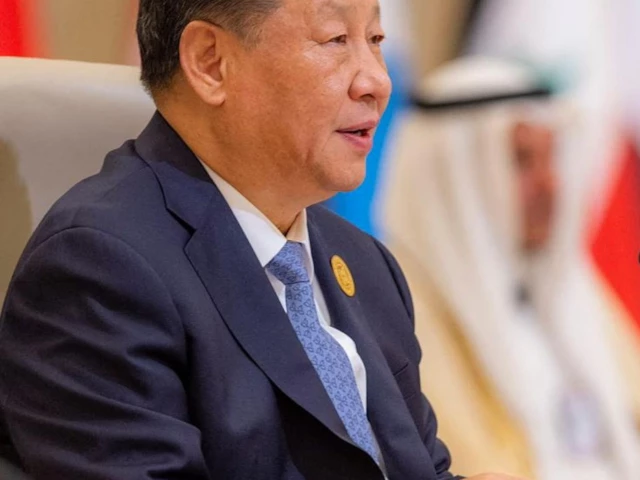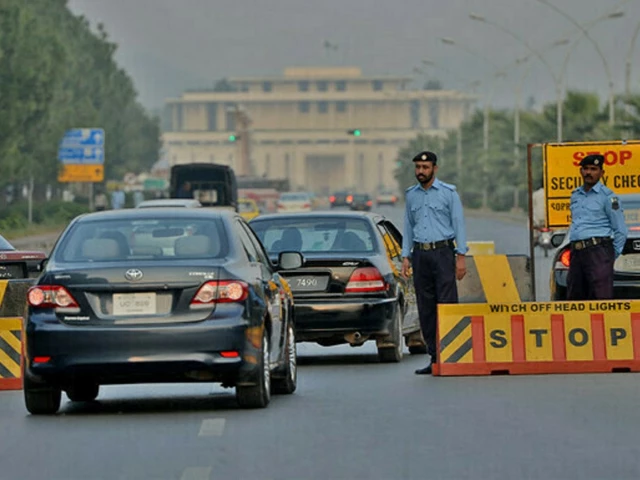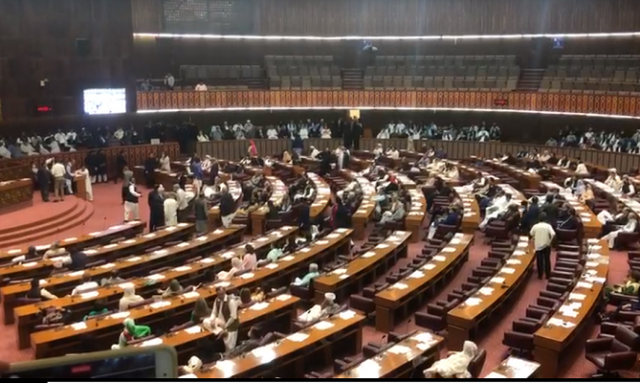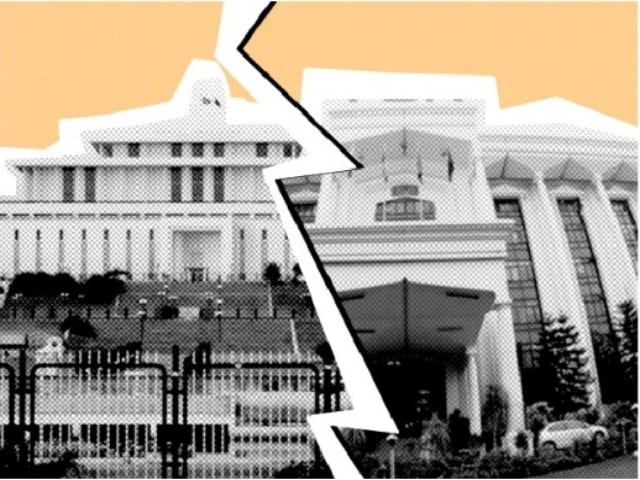Understanding the Recent Military Parade in China: What It Means for Global Relations
Recently, the world’s attention turned to Beijing as China hosted a grand military parade to mark the 80th anniversary of its victory in World War II. President Xi Jinping stood front and center, urging nations to "eliminate the root cause of war" and prevent the repetition of historical tragedies. The parade, which showcased military capabilities and represented a significant national pride moment for China, didn’t go unnoticed globally.
This event was only the second such parade since 2015 and attracted leaders from 26 countries, including Pakistan’s Prime Minister Shehbaz Sharif. Notably, Xi was flanked by Russian President Vladimir Putin and North Korean leader Kim Jong Un, symbolizing a united front among these nations. While Xi emphasized peace and dialogue, his remarks also underscored China’s commitment to strengthening its military—a dual message that has sparked various reactions worldwide.
Interestingly, while Western media portrayed the parade as a "warning" to the West, Chinese officials framed the event as an assurance of peaceful development and collaboration. Dr. Lü Xiang, a research fellow, indicated that this was also an opportunity for China to reaffirm its evolving role in global diplomacy. It showcased a clear signal of intention: China is not merely a participant but an influential player in international affairs amid rising global tensions.
The military displays included advanced weaponry, such as hypersonic missiles and unmanned systems, marking a pivotal moment in China’s military modernization efforts. Analysts noted that this was not just for show; it sent a strong message regarding China’s capabilities and its stance on issues like Taiwan.
While some leaders echoed sentiments of concern, others, like Slovakian Prime Minister Robert Fico, expressed disappointment at their peers for boycotting the event. He called for constructive engagement and acknowledged the sacrifices made by China and the former Soviet Union in the war. His statements hint at a shift toward a multipolar world—one based on dialogue and cooperation rather than antagonism.
As discussions around military strength and diplomacy intensify, it serves as a reminder that global dynamics are rapidly transforming. With countries navigating these changes, an understanding of such events can be vital for fostering international relations. If you’re keen on exploring more about the implications of these developments or how such events shape our world, feel free to connect with us at Pro21st—let’s engage in meaningful conversations about our global future!
At Pro21st, we believe in sharing updates that matter.
Stay connected for more real conversations, fresh insights, and 21st-century perspectives.





